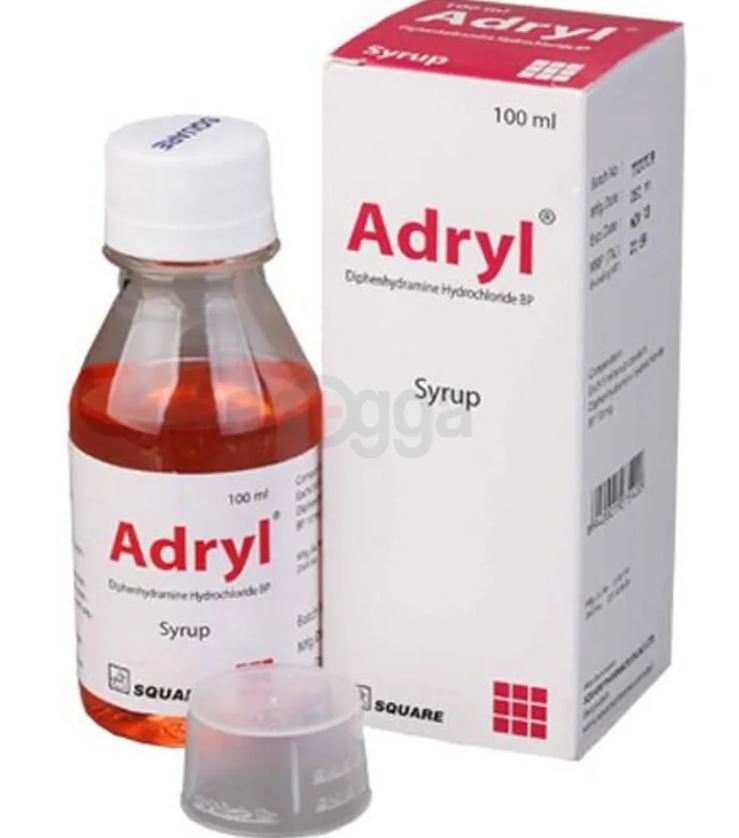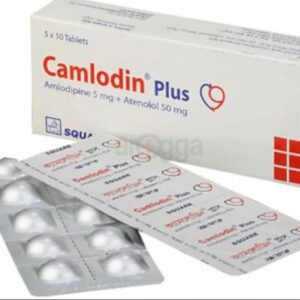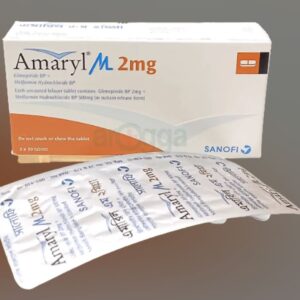Description
Introduction
Adryl is used to treat sneezing, runny nose, itching, watery eyes, hives, rashes, itching and other symptoms of allergies and common cold. It is also used to suppress coughs, to treat motion sickness and to induce sleep. Adryl should be taken before a meal or at bedtime, but take it at the same time every day to get the most benefit. It should be taken as your doctor’s advice. The dose and how often you take it depends on what you are taking it for. Your doctor will decide how much you need to improve your symptoms. You should take this medicine for as long as it is prescribed for you. In case, you have missed any doses than it is better to take the next dose as soon as you remember it. However, you should never take a double dose. Dizziness or drowsiness is the most common side effect of this medicine. Avoid driving or attention-seeking activity. If these bother you or appear serious, let your doctor know. There may be ways of reducing or preventing them. In some cases, it may cause dryness of mouth, so it is advised to drink more water, always carry sugar candy or maintain oral hygiene. Before taking this medicine, let your doctor know if you have glaucoma or have any gastro related issues or have asthma. Inform your doctor if you are pregnant, or breastfeeding. Your doctor should also know about all other medicines you are taking as many of these may make this medicine less effective or change the way it works. Generally, it is advised to avoid alcohol while on treatment.
Uses of Adryl
- Motion sickness
- Insomnia
- Nasal allergy symptoms
Side effects of Adryl
- Dizziness
- Drowsiness
- Dryness in mouth
How to use Adryl
Take this medicine in the dose and duration as advised by your doctor. Check the label for directions before use. Measure it with a measuring cup and take it by mouth. Shake well before use. Adryl may be taken with or without food, but it is better to take it at a fixed time.
How Adryl works
Adryl is an antihistaminic medication. It blocks the action of certain chemical messengers that are responsible for inflammation, congestion, itching, and other allergic reactions.
What if you forget to take Adryl?
If you miss a dose of Adryl, take it as soon as possible. However, if it is almost time for your next dose, skip the missed dose and go back to your regular schedule. Do not double the dose.
 Quick Tips
Quick Tips- Avoid driving or operating dangerous machinery as it may decrease alertness.
- Avoid consuming alcohol when taking the Adryl, as it may cause excessive sleepiness or drowsiness.
 Brief Description
Brief DescriptionIndication
Allergic rhinitis, Allergic conditions, Motion sickness, Common cold, Insomnia, Extrapyramidal symptoms
Administration
May be taken with or without food.
Adult Dose
Oral Allergic conditions; Treatment and prophylaxis of motion sickness Adult: 25-50 mg 3-4 times daily. For prevention of motion sickness, admin 30 min before exposure to motion. Max: 300 mg daily. Parkinson’s disease Adult: Initially, 25 mg tid, may increase to 50 mg 4 times daily if necessary. Short-term management of insomnia Adult: 50 mg 30 min before bedtime as needed. Hepatic impairment: No dosage adjustment needed.
Child Dose
Allergic Reaction 2-6 years: 6.25 mg q4-6hr; not to exceed 37.5 mg/day 6-12 years: 12.5-25 mg PO q4-6hr; not to exceed 150 mg/day >12 years: 25-50 mg PO q4-6hr; not to exceed 300 mg/day Occasional Insomnia >12 years: 50 mg PO 30 minutes before bedtime Cough <12 years: Safety and efficacy not established >12 years: 25-50 mg PO q4-6hr; not to exceed 300 mg/day Motion Sickness Administer 30 min before motion 12.5-25 mg PO q6-8hr or 150 mg/m² ; not to exceed 300 mg/day
Renal Dose
Renal impairment: No dosage adjustment needed.
Contraindication
Hypersensitivity ; neonates, lactation.
Mode of Action
Diphenhydramine blocks histamine H1-receptors on effector cells of the GI tract, blood vessels and respiratory tract. It also causes sedation and has some anticholinergic action.
Precaution
Epilepsy; elderly; performing tasks which require mental alertness; angle-closure glaucoma; pyroduodenal obstruction; urinary tract obstruction; hyperthyroidism; raised intraocular pressure; CV disease; acute asthma; pregnancy. Lactation: Drug enters breast milk; contraindicated
Side Effect
Chest tightness, extrasystoles, hypotension, palpitations, tachycardia; ataxia, chills, confusion, dizziness, drowsiness, euphoria, excitement, fatigue, headache, insomnia, irritability, nervousness, neuritis, paraesthesia, paradoxical excitation, restlessness, sedation, seizure, vertigo; diaphoresis; menstrual disease; GI disturbances (e.g. anorexia, constipation, diarrhoea); difficulty in micturition, urinary frequency, urinary retention; agranulocytosis, haemolytic anaemia, thrombocytopenia; anaphylactic shock; tremor; blurred vision, diplopia; acute labyrinthitis, tinnitus; constriction of pharynx, nasal congestion, thickening of bronchial secretions, wheezing;
Pregnancy Category Note
Pregnancy category: B Lactation: Drug enters breast milk; contraindicated
Interaction
Masks ototoxicity produced by aminoglycosides. Increases gastric degradation of levodopa and decreases its absorption by reduction of gastric emptying. Antagonises therapeutic effects of cholinergic agents e.g. tacrine, donezepil and neuroleptics. Valerian, St. John’s wort, Kava Kava and gotu kola may increase CNS depression. Potentially Fatal: Potentiates CNS depression with alcohol, barbiturates, analgesics, sedatives and neuroleptics. Additive antimuscarinic action with MAOIs, atropine and TCAs.









There are no reviews yet.